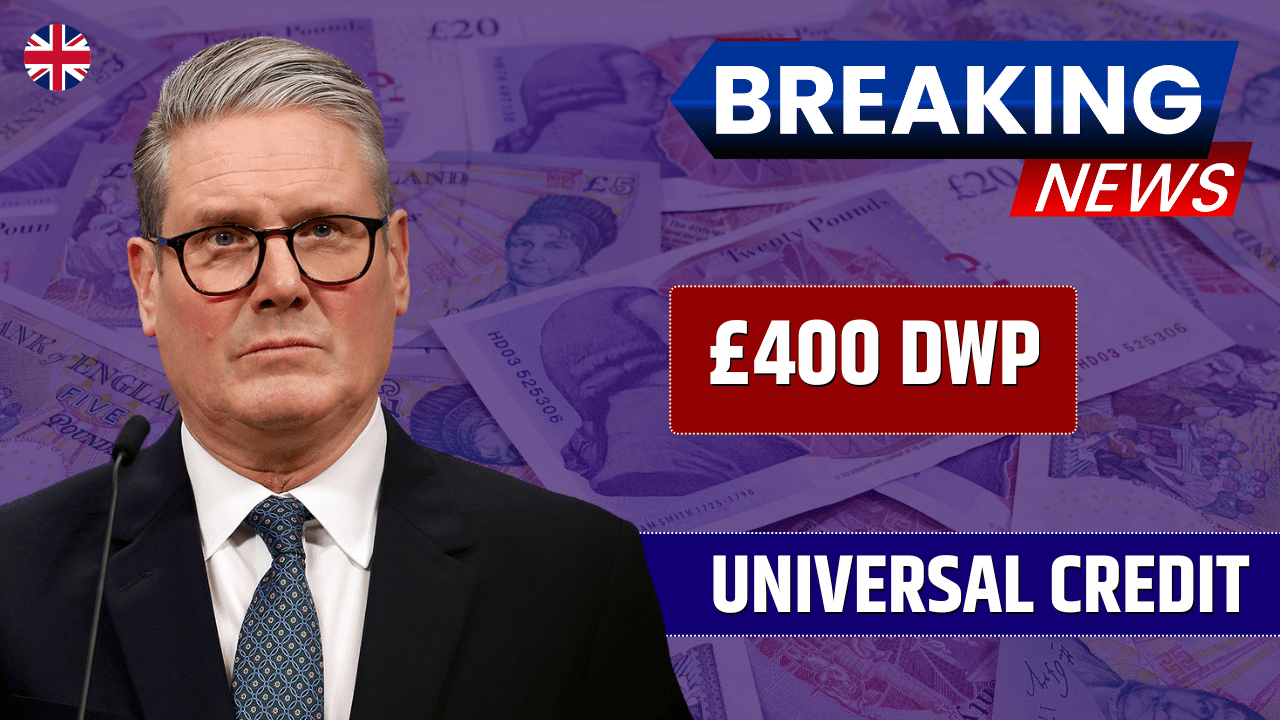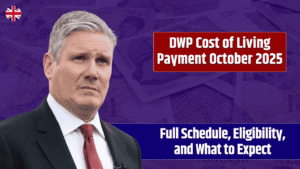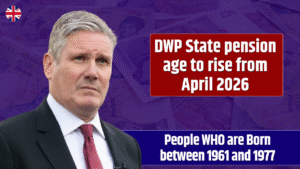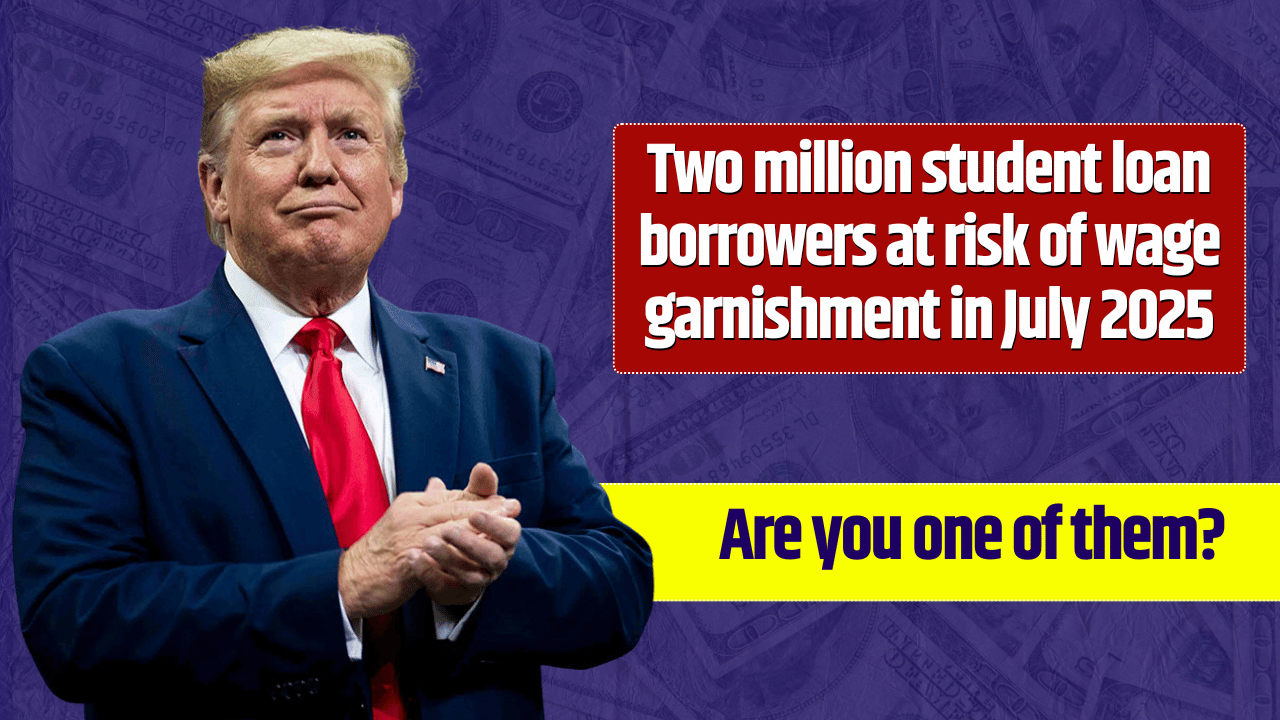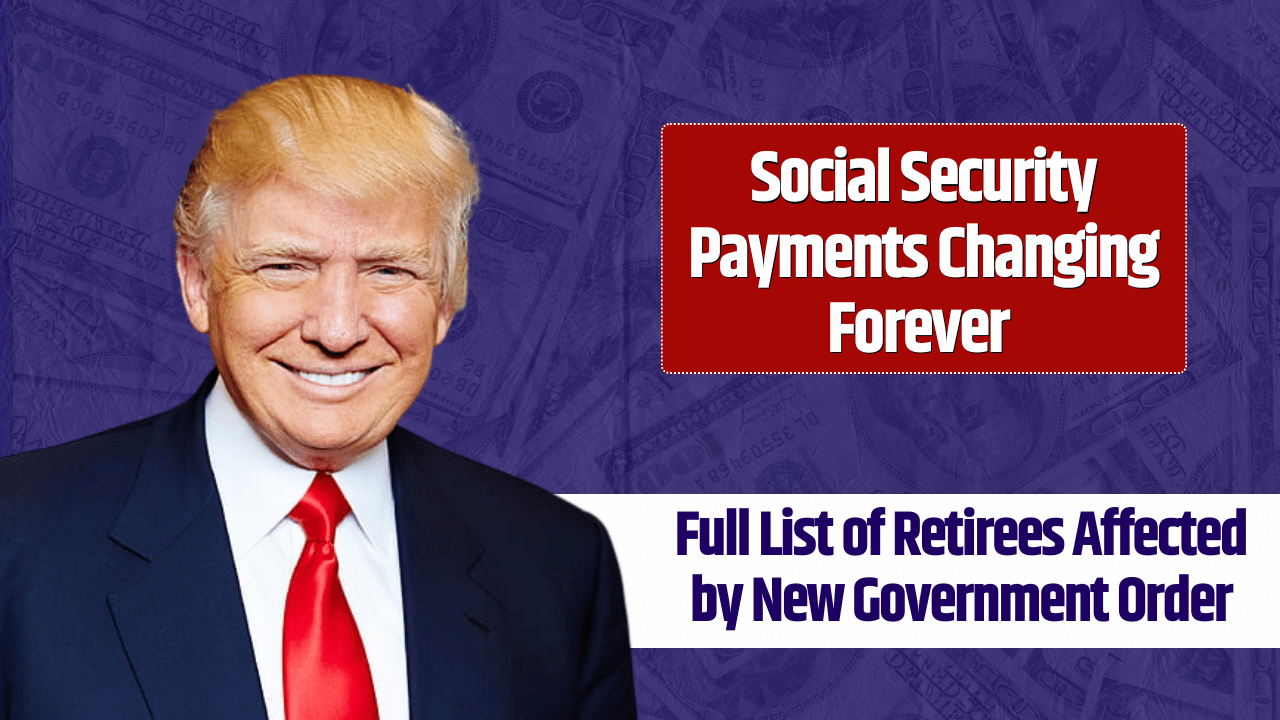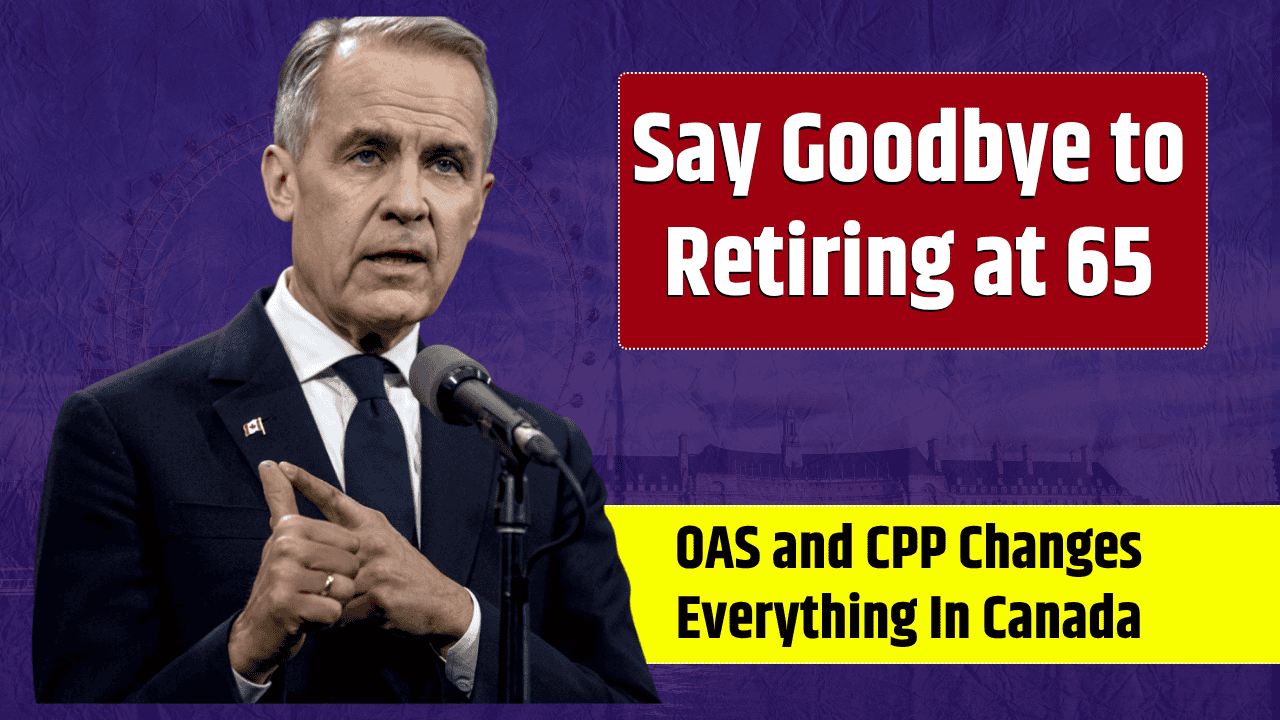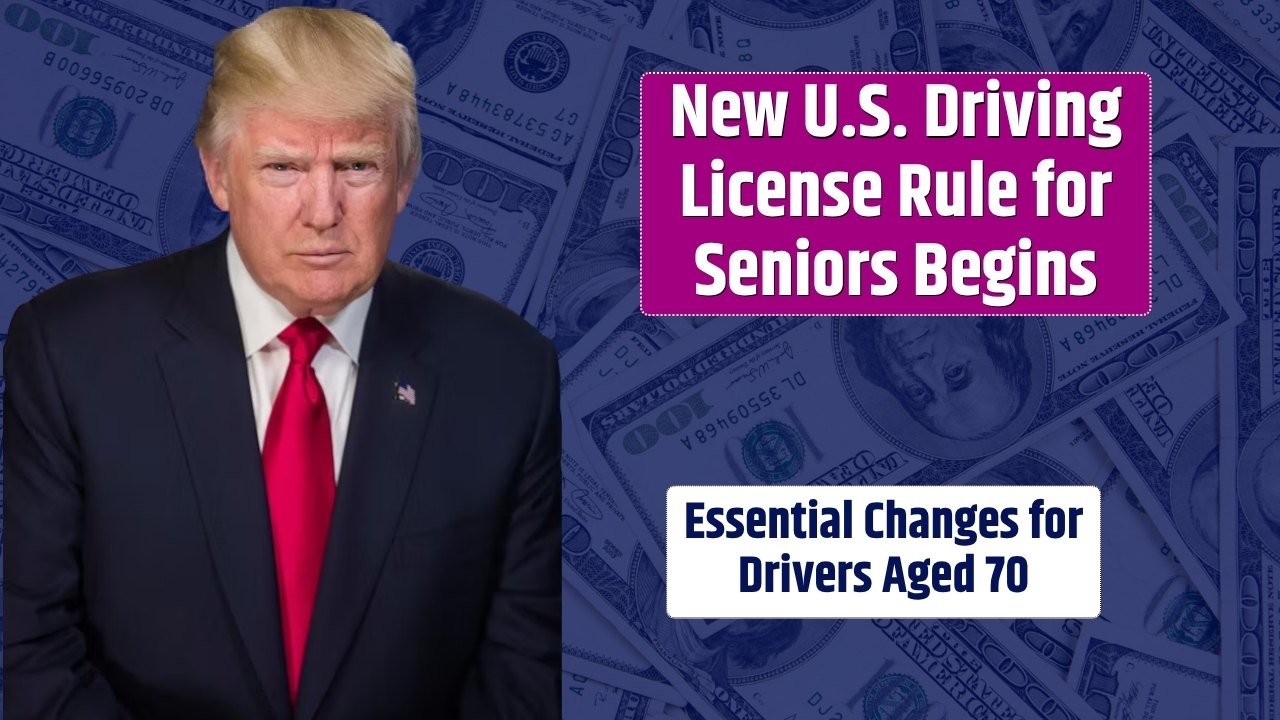As the cost of living continues to rise in the UK, millions are eagerly awaiting updates on the potential £400 Universal Credit Payment from the Department for Work and Pensions (DWP) in 2025. While there has been no official confirmation yet, several reports suggest that a payment in the range of £400 to £450 may be released as part of the government’s ongoing cost of living support initiatives.
This potential payment aims to provide much-needed relief to low-income households and those hit hardest by inflation and economic uncertainty. Here’s what we currently know, what you should expect, and how you may qualify for the payment—once confirmed.
Table of Contents
What Is the £400 DWP Universal Credit Payment 2025?
The £400 Universal Credit Payment is a proposed cost of living support payment aimed at helping individuals and families cope with inflationary pressures. While not yet officially announced, it’s expected to follow similar schemes introduced in previous years by the UK government, particularly in response to economic challenges like soaring energy bills and food prices.
According to early reports, the payment could be released in July 2025, but the final amount and exact date are still pending confirmation from the DWP.
Why Is This Payment Being Considered?
The UK government has been providing financial support to households affected by the cost of living crisis. The £400–£450 payment is intended to:
- Offset the impact of rising inflation
- Support individuals with low or fixed income
- Supplement existing Universal Credit benefits
In 2024, similar payments helped millions of households manage day-to-day expenses, and the DWP may be looking to continue this support into 2025.
Who Could Be Eligible?
Eligibility is expected to be based on individual circumstances, such as income level, employment status, and existing benefit claims. While criteria haven’t been finalized, potential eligibility factors may include:
| Eligibility Criteria | Description |
|---|---|
| Receiving Universal Credit | Must be an active claimant of Universal Credit |
| Income Threshold | Household income under a certain limit |
| Residency | Must be a resident of the United Kingdom |
| No Recent Sanctions | Should not have been recently sanctioned under DWP rules |
Always refer to the official DWP website for the most current criteria once announced.
Payment Amount and Timeline
Currently, the exact payment amount is not confirmed, but reports suggest it could fall between £400 and £450. If released, the expected timeline is July 2025, though the government could delay or alter this depending on budgetary constraints or new policy decisions.
| Aspect | Status |
|---|---|
| Payment Amount | £400 – £450 (unconfirmed) |
| Payment Month | July 2025 (tentative) |
| Method of Distribution | Direct deposit to bank |
| Application Requirement | Likely auto-applied based on eligibility |
How to Claim the £400 DWP Universal Credit Payment
While past payments were made automatically to eligible recipients, here’s a general guide to what you should do:
- Check Eligibility: Make sure you meet the expected criteria.
- Update Information: Ensure your Universal Credit account and banking information are accurate.
- Monitor DWP Announcements: Stay updated via official channels.
- No Separate Application (Expected): If the payment mirrors previous support, no extra application should be necessary.
Important Note
As of now, no official confirmation has been made by the UK government or DWP regarding the £400 Universal Credit Payment in 2025. All information is based on available reports and media coverage, and is subject to change. It’s crucial to verify any new updates via the official DWP site.
FAQs
Is the £400 Universal Credit Payment confirmed?
No, it has not been officially announced by the government as of July 2025.
When could the payment be made?
If approved, the payment could be issued in July 2025, but no date is guaranteed.
Do I need to apply separately?
Likely not. Similar past payments were credited automatically to eligible recipients.
Can the payment amount change?
Yes. The range currently being discussed is £400 to £450, depending on final budget approvals.
Where can I check for updates?
You should visit the official DWP website or sign up for government email alerts for the latest news.

